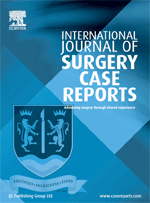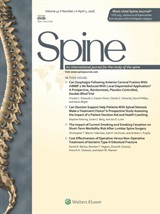 The authors of a study about spinal fusion surgery have retracted it after realizing the cohort study was described as a prospective, randomized trial.
The authors of a study about spinal fusion surgery have retracted it after realizing the cohort study was described as a prospective, randomized trial.
The last author told us he believed the incorrect wording was added to the paper — and the title — by accident. Even though he said the journal Spine suggested correcting it, the authors chose to retract the paper entirely.
The abstract of the study describes the design as a:
Prospective, randomized, controlled trial.
But according to the retraction notice for “Prospective, randomized, controlled trial of silicate-substituted calcium phosphate versus rhBMP-2 in a minimally invasive transforaminal lumbar interbody fusion,” the abstract was not accurate:
Continue reading Authors retract surgery study that claimed to be randomized but wasn’t
 Pro-life activists have asked JAMA to retract a 2005 paper that suggested
Pro-life activists have asked JAMA to retract a 2005 paper that suggested 
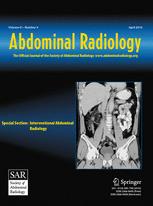
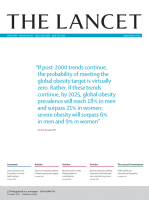 Surgeon Paolo Macchiarini did not apply for the necessary ethics approval to perform the pioneering transplants he’s known for, according to the Swedish Research Council.
Surgeon Paolo Macchiarini did not apply for the necessary ethics approval to perform the pioneering transplants he’s known for, according to the Swedish Research Council.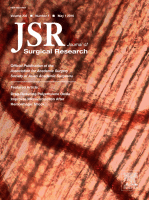
 Since we reported Friday that multiple authors had asked to remove their names from a high-profile 2011 Lancet paper about a risky transplant surgery, a
Since we reported Friday that multiple authors had asked to remove their names from a high-profile 2011 Lancet paper about a risky transplant surgery, a 
